The Life of Judge Denise Brown
Last meeting, Judge Denise Brown came to the Multicultural Club to share her story and answer questions. Brown answers a question about why she became a Judge here. “I realized there was no diversity in the courts, and that’s something I wanted to change,” Brown said.
Fighting her way to the top.
Judge Denise Brown worked her way up from a girl in a small town to the Chief Judge of Jefferson County Family Court.
This Black History Month, the Multicultural Club celebrated by having Brown as a guest speaker Feb. 23. Brown came to Bullitt East to tell her story and answer questions that students and staff had. She has dedicated her life to community servitude whether that be through being a public official or volunteering various places to get further involved with her community.
Brown started her life out in a small town of about 6,000 people in West Virginia. Growing up she was one of the only Black people in her town. “Because my neighborhood looked a lot like Bullitt County, I hadn’t really been exposed to that much diversity,” Brown said. One of the key factors that led to Brown’s success in an environment where she was a minority was her World Civilizations teacher. “She was a role model of mine. She just exposed us to everything. You know, she never left the fact that we were like the only county that had minorities in it, keep us from doing things in statewide competitions,” Brown said.
Despite being one of the few Black people in her town rural West Virginia, Brown described her struggles growing up as little to do with her race. “It was more socioeconomic. Everybody’s parents were either coal miners or school teachers. The thing that kept us together was that we were all poor,” she said.
Brown decided that she wanted to get out of West Virginia during high school. She knew that she wanted to be exposed to a new environment, and she thought she could do that by attending Howard University. Howard University is an HBCU (Historically Black College or University) in Washington D.C. “People said I wouldn’t do it. No one believed me,” Brown said. She wanted to get her degree and practice law. “I didn’t decide I wanted to be a judge until a couple years ago. That wasn’t my first choice,” Brown said.
Brown sees significant value in HBCUs. “My school introduced me to my culture in a way that I had never been before,” Brown said. During the time of segregation in the United States, many Black people were unable to achieve a higher education for a long time. To combat this, Black colleges and Universities were founded which finally gave Black people the opportunity to achieve the education that white people were already able to. Today, HBCUs serve as a tool for Black people to attend school in an environment where they can feel completely safe and fully themselves. “HBCUs graduate 50% of all Black lawyers and 80% of all Black judges,” Brown said.
In order to work as a lawyer, you have to pass a test called the Bar Exam. According to Brown, this was one of the most difficult tasks of her life. “You have to take a text book, the size of three normal ones, and condense it all onto one notecard front in back and then be able to summarize the information you learned and put on that note card to a panel of people,” Brown said.
Out of law school, Brown started trying to find jobs. While there are laws in place that prevent racism in the workplace, Brown found herself in situations where employers were being discriminative towards her. “I did have a couple of interviewers say to me, don’t you think women already have enough positions in our firms? Don’t you think African Americans have made a lot of progress?,” Brown said. These are just a few of the things that people said to Brown during her interviews.
Eventually, she did find a job. “By the time I found a job, women had reached around the 50% rate of hires, but the culture was still there,” Brown said, referring to the sexist culture in law jobs at the time.
After practicing law for many years, Brown decided to run for the Judge’s office. “There was a much needed representation there,” Brown said. She didn’t see people who resembled her in these positions, and she wanted that to change. “All of these decisions were made by predominantly white men,” Brown said. She also wanted to see people that came from the same socioeconomic background as her. “Most people that come into my court are of a lower socioeconomic status, and I think it’s important that people who really understand them hear their cases,” Brown said.
After winning her election, Brown became the first Black woman in Jefferson County to serve as a Judge. Now, Brown works with families to amend their various legal problems. She helps them with custody issues, property disputes, and deals with cases of domestic violence and child abuse. “Jefferson County Family Court is a part of a unified court system involved in the most intimate and complex aspects of human nature. With the one family, one judge approach, cases are presented in a single court allowing the same Judge to hear all matters involving that particular family,” Bekkah McMillan, Vice President of the Multicultural Club said.
Brown does her best to maintain good relationships with the families she works with because of this approach. “I have a million and five cases, so I can’t check up on my families all the time, but sometimes I see the kids if they are in the YMCA programs at their schools,” Brown said.
Brown does her best to be an active member of her community in order to make the change she wants to see. She has worked her hardest to get to where she is today, and she is an inspiration to the many people in her life and in her community.

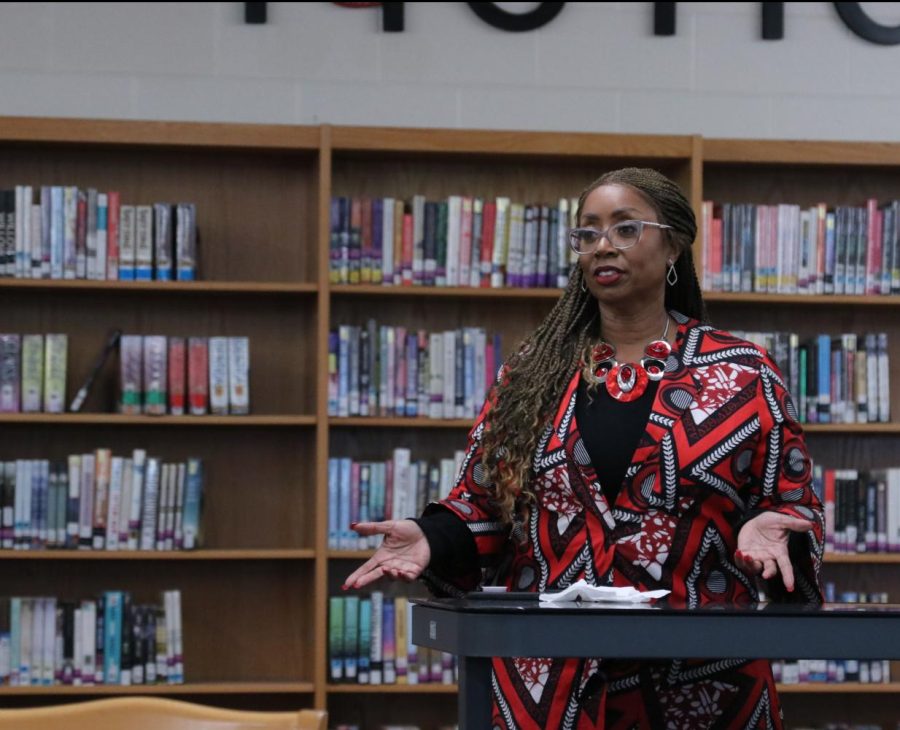
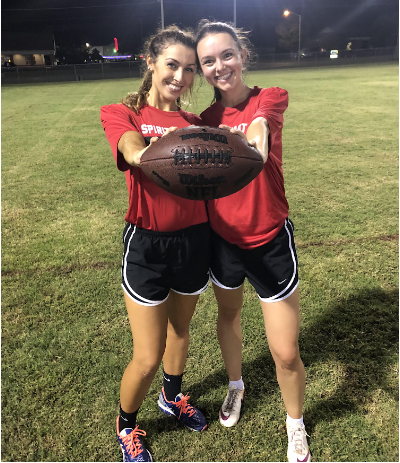


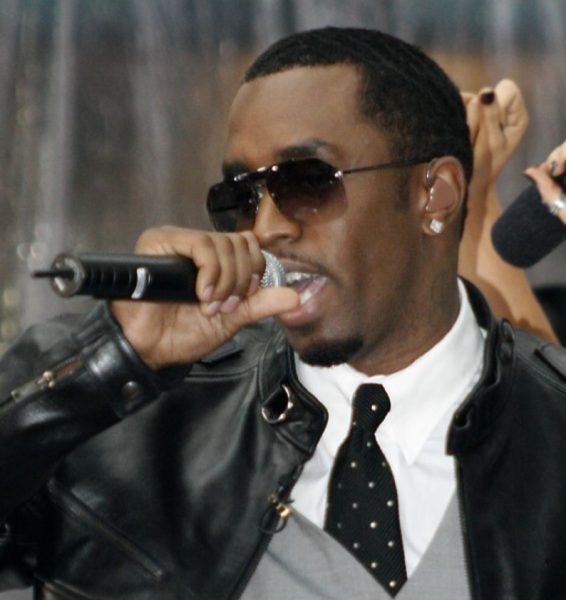
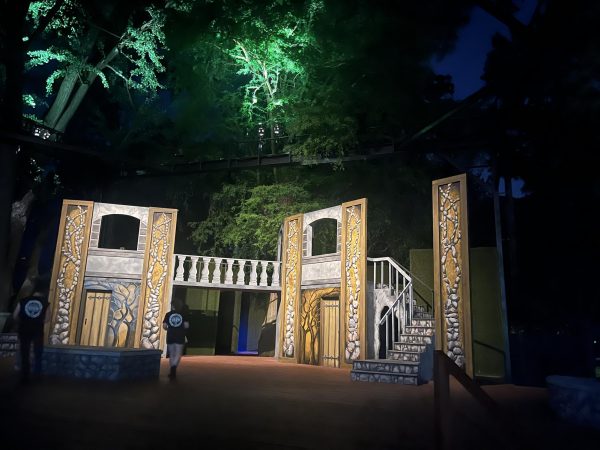
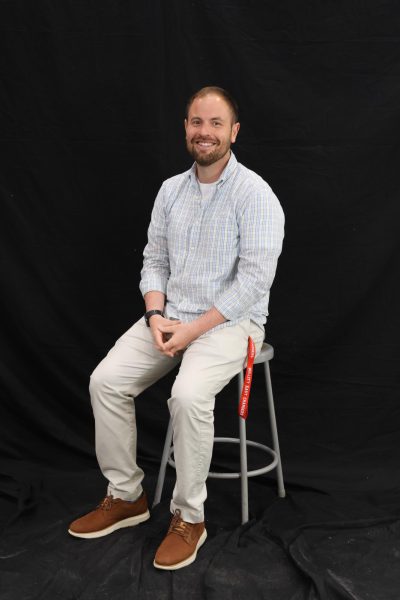
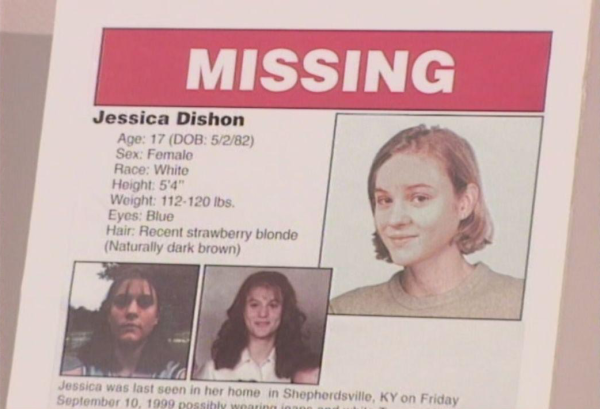
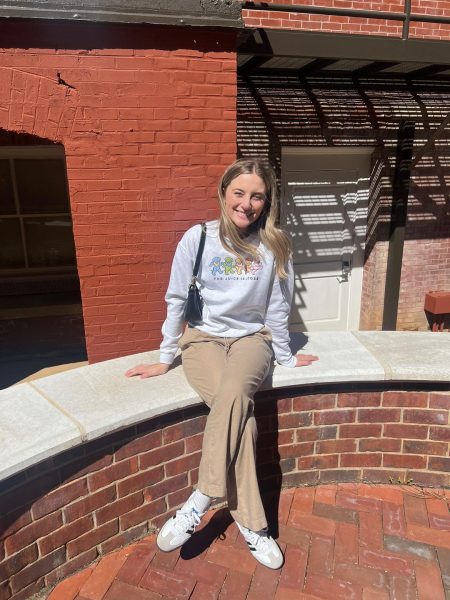
Anonymous • Dec 21, 2023 at 11:24 pm
She shouldn’t be judged,or a lawyer. So many people including her family done had bad experience with her be in that position